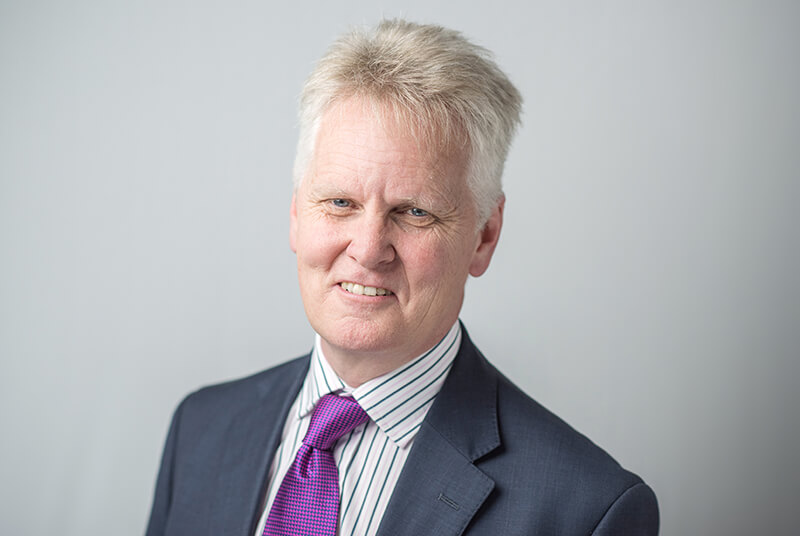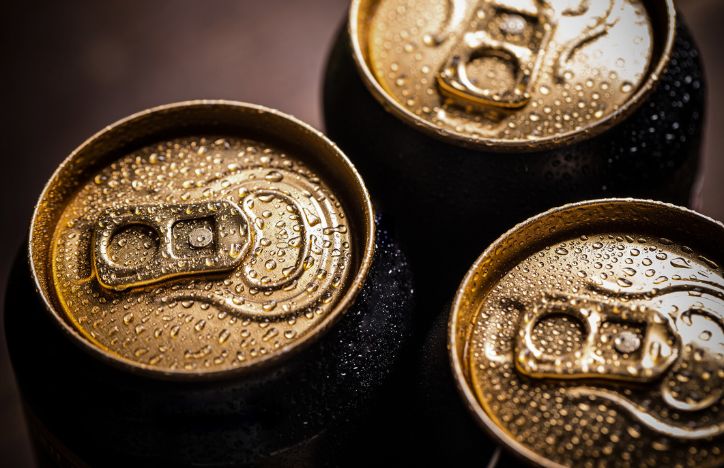We work with external patent attorneys to provide clients with patent protection, including drafting patent specifications, filing patent applications and where needed to assist us to bring infringement proceedings against parties looking to profit from the same or similar inventions. We do this in the UK and internationally where required.
The grant of a patent can take several years, with the chance of achieving a grant vastly improved with a comprehensive and professionally drafted patent specification. Filing in the right way from the beginning is also important as it can be difficult to rectify mistakes later, impacting your ability to patent your innovation.
By entrusting us with your patents, you will get the expertise and experience to ensure that your innovations stand the best chance of being protected, enabling you to attract investment, get ahead of competitors and recognise the inventors in your business.
Our expertise spans many different sectors, and we can bring wider complementary legal services to deliver what you need – whether related to tax breaks for R&D and patented activities or how to mitigate risks with IP insurance. Your business will get what it needs in the UK and internationally, delivered efficiently, without duplication of effort, or gaps in service.













